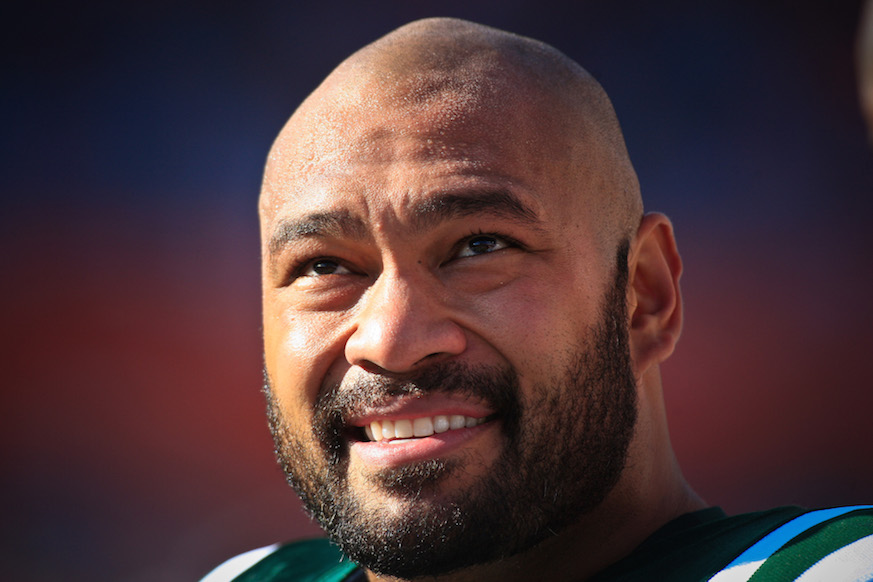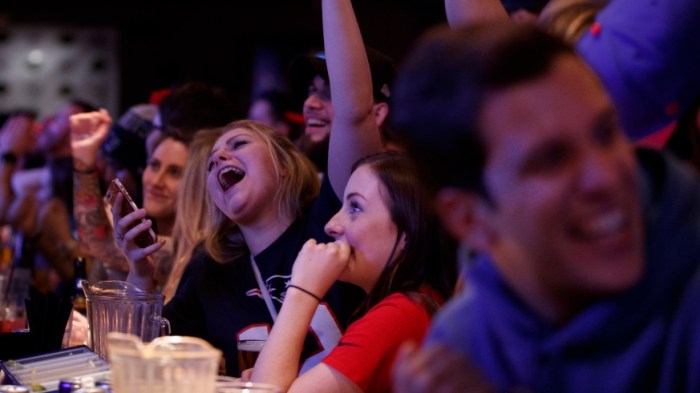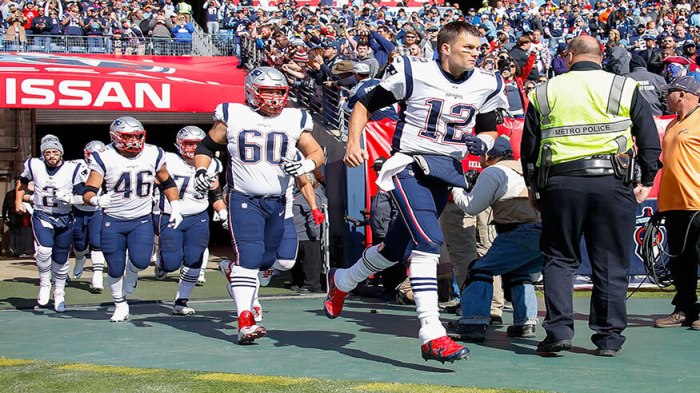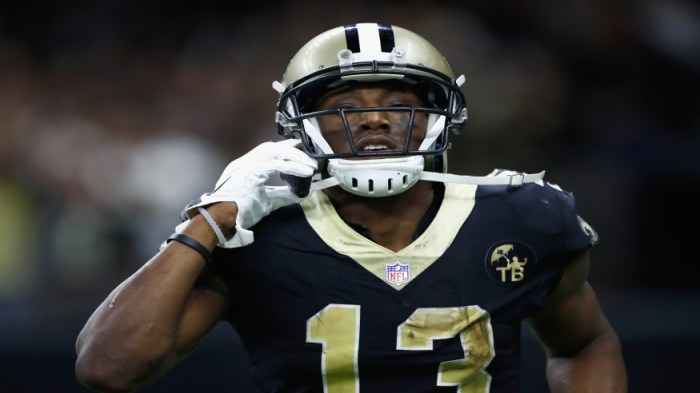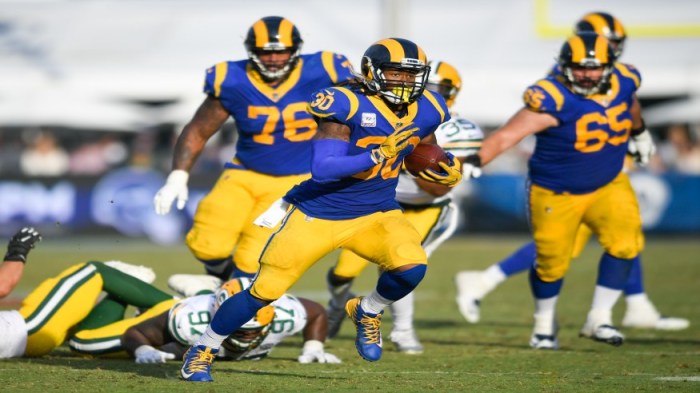As if Wayne Hunter didn’t see enough carnage and blood during the New York Jets’ ill-conceived 2011 season, he wanted even more of it in retirement. The former 10-year NFL offensive lineman is in training with the Seattle Fire Department and will very shortly transition to become a full-fledged firefighter.
A third-round pick who spent the start of his NFL career with the Seattle Seahawks, as well as five seasons with the Jets, Hunter lives in the state of Washington now with his wife, Abigail, and his three daughters Shaylyn, Sydney and Jordyn. Like many in the NFL, Hunter was uncertain what his postplaying career would like. Frankly, he wasn’t certain if his career was in fact over.
His last season came in 2012 with the then-St. Louis Rams, although he did have an opportunity with the Buffalo Bills a couple years into what he thought was retirement. He had taken time off from the game to heal and get his body right, then one afternoon in 2015 while out to lunch with his daughters, a call came from his old head coach, Rex Ryan. He let the call go to voicemail, not recognizing the number.
Ryan was reaching out and wanted to reunite with Hunter and bring the athletic offensive lineman on as a blocking tight end.
But after spending minicamp with the Bills, Hunter decided two weeks before training camp that “I didn’t have it in me.”
He wanted to work and while he didn’t necessarily need to for the sake of finances, he was looking for a challenge. His body, once banged-up by the game of football, was feeling fresh.
Hunter thought he might have interest in the airline industry, after all his mother had worked for Hawaiian Airlines as he grew up. He also tinkered around with the idea of working in the police department, but at a summer cookout a friend pulled him aside with a different idea.
The message from his friend was to give the fire department a try and do a couple of ride-alongs with his department. Hunter, uncertain but intrigued, agreed to it.
“I saw everything from amputated body parts to CPR to a school visit,” Hunter said. “I saw everything but a fire.”
The second ride-along only confirmed it: The former professional football player wanted to be a firefighter when he grew up.
Hunter, a starter in the NFL and a former third-round pick, was going to become a firefighter. He was always a tremendous athlete as a 318-pound offensive lineman who was strong enough to play tackle but fleet-footed and athletic enough to be a blocking tight end or even line up in the backfield.
He passed the written exam and the interview process as well as the psychological and medical evaluations. Then he signed an offer with the Seattle Fire Department and is currently in their academy.
He’s back to being a rookie again.
There’s the admission to not knowing much about being a firefighter before he started the process. But there was an almost immediate passion born from those ride-alongs.
“It’s not about the money. I didn’t make enough in the NFL to never work again,” Hunter told Metro. “But I did make enough to allow me the opportunity to pursue a new career path without the fear of draining my bank account.”
“It is another dream job. I was blessed to get the first dream job in the NFL and now I’m blessed to get this job in Seattle. It’s one of the best departments in the country, if not the world. It’s a tough job to get into, I’m told they call it the ‘golden ticket.’ It is pretty elite.”
The first seven weeks involved basic hose and ladder training. One week he’s learning about attacking a fire with water, the next he is doing more search and rescue work. There are eight-hour stints in full bunker gear, a stretch of time known simply to the recruits as “the grind.”
It isn’t easy. It’s taxing on the body and there’s plenty of book work and study involved.
“Hitting heads and the concussion part of football is extreme. There’s no question that’s the toughest part,” Hunter said. “If you take that part out though and factor in my age, not to discredit the NFL, but the academy has been pretty rough.
“With the physicality of my new career, there’s a lot of parallels when it comes to playing a professional sport and firefighting. From comradery in the ‘locker room’ to working within the team, to supporting each other, just the family value of it all. Everyone working towards one goal. Another parallel is the physical aspect. In firefighting, when you’re waiting for a call, departments like Seattle make sure you drill. They make sure you’re never rusty with your skills. Like football, it’s the same thing week in and week out.”
He’s continually amazed what his body can sustain in terms of the physical demands that he is able to endure. The time needed to recover is longer than in the NFL where there is a battery of massage therapists, doctors and trainers to help quicken the healing process of bruises and pulls to get players ready for Sundays.
But the pure rush of emotion, he says, is similar to game day. Even if the work he does now is admittedly far more serious.
There is a practical test on Fridays, the culmination of a week’s worth of learning. It is a stressful time, plenty of pressure and adrenaline.
“I find myself on Fridays feeling like it is game day on Sundays. I’ve told the other recruits that, before my turn, my evolution, it feels like game day when the national anthem plays and you’re preparing yourself to bang heads. It’s that intense,” Hunter said. “It’s not real, it’s a dummy in the window. You take that out, football is more stressful than right now. But ask me after my first call, my first fire, and it will be firefighting that is more stressful, absolutely no doubt.”
All part of a calling and a second dream job for a man who has protected the likes of Mark Sanchez and Sam Bradford in the league. He is thankful for his time in the NFL, a blessing and a calling that has now afforded him this second dream job. It was a job that requires strength and athleticism, the ability to think quickly on his feet. He had to read, adapt and adjust in a matter of moments.
Not unlike his new job of being a firefighter. The new job that the broad-shouldered, athletic Hunter is seemingly crafted for. A second dream job and a second calling that he is also uniquely crafted for.
“I know a lot of people look at NFL players as heroes and I never understood that. I get kids looking up to you and admiring you,” Hunter said. “But at the end of the day, it was just a game and I got paid to play that game. I’m proud of what I did but I wasn’t a hero. The real heroes are out there, the teachers and doctors in hospitals and police officers and yes, firefighters. So yeah, I’m honored to be called a hero now because I am fortunate enough to know and work with so many of them.”

